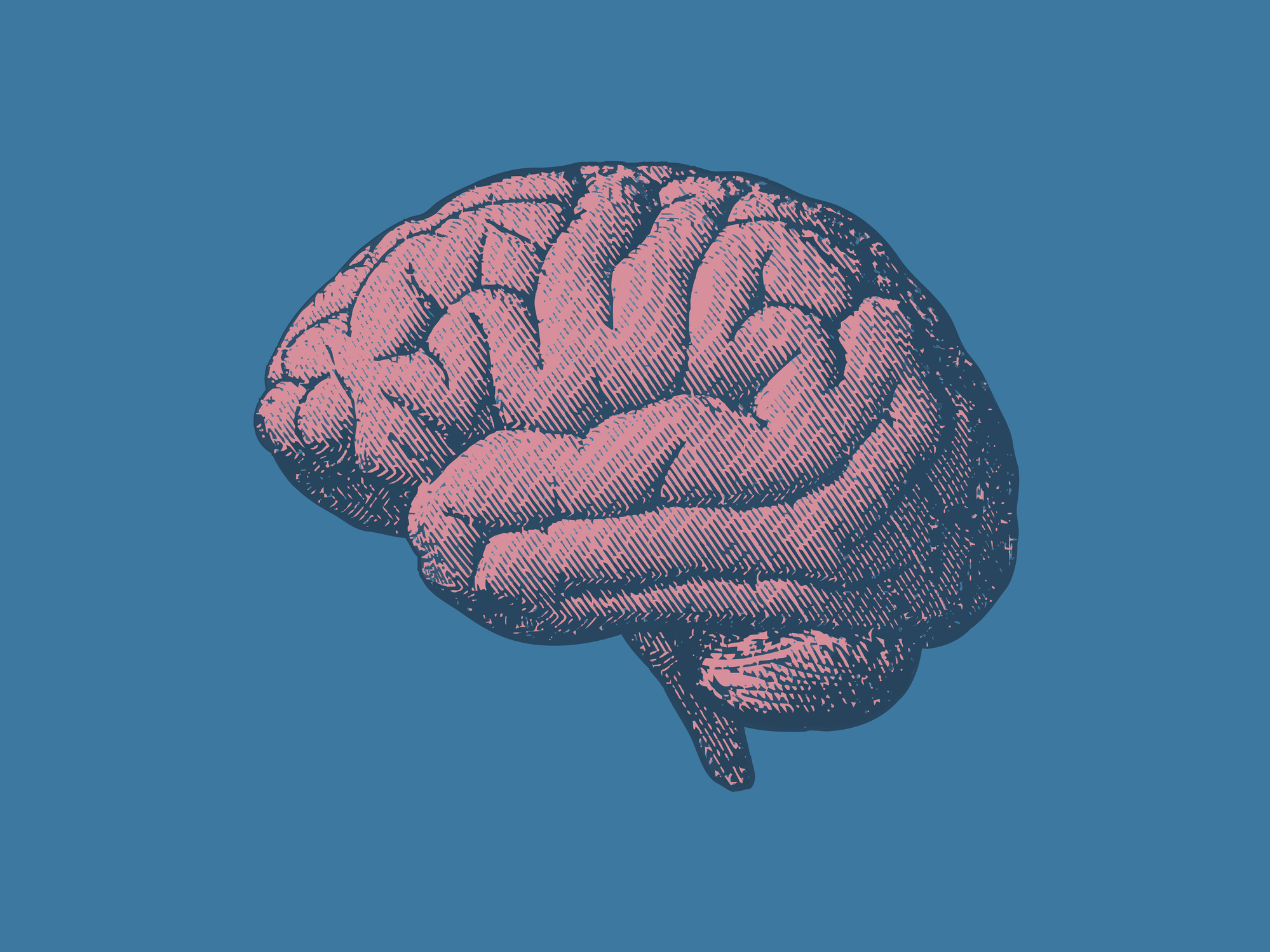Get Easy Health Digest™ in your inbox and don’t miss a thing when you subscribe today. Plus, get the free bonus report, Mother Nature’s Tips, Tricks and Remedies for Cholesterol, Blood Pressure & Blood Sugar as my way of saying welcome to the community!
The bigger your brain, the bigger your cancer risk

You wouldn’t think that having a big brain would be a bad thing…
More brain cells. Possibly more intelligence. Sign me up!
But just like more money means more problems, more brain mass could mean more cancer. Because, here’s a fact you may not know…
The bigger the organ, the higher the risk of cancer… at least in some well-documented cases, like breast cancer. Why?
Well, it all comes down to numbers… cell numbers.
Why more brain cells mean more cancer
Researchers from the Norwegian University of Science and Technology (NTNU) found that an aggressive type of brain cancer known as glioma is more likely to pop up in people with bigger brains.
They compared data and brain scans from people with high-grade gliomas (brain tumors) and a healthy control group.
Their first finding was that men were more likely to develop a glioma. Men have bigger brains because their bodies are larger, and it takes more brain cells to control a bigger body (but it doesn’t mean men are smarter, FYI. Other things besides brain size factor into the intelligence equation, like frontal lobe volume and gray matter volume).
But here’s the thing…
They also found that women with big brains were more likely to develop gliomas too. In fact, women with big brains were more likely to develop a glioma than men with big brains.
But what’s the big deal about big brains? Why do they increase your cancer risk?
Well, as I mentioned earlier, a bigger brain means more brain cells. And the more brain cells you have, the more chances there are for mutations to occur. More mutations mean a higher cancer risk. It’s the same reason taller people have a higher cancer risk.
Gauging your brain cancer risk
There are certain cancers where lifestyle matters less than others. Brain cancer is one of them. So, even if you know for sure that you have a big brain (which I’m guessing most of us don’t know), there isn’t as much you can do to prevent the type of aggressive brain cancer they looked at in the study.
Luckily, it’s a relatively rare type of cancer. But certain factors (besides your brain size) can help you gauge your risk level, like:
- Your age. People between the ages of 45 and 65 are most at risk.
- Your family history. If someone in your family had glioma, it can double your risk.
And there is one way you can decrease your odds of developing glioma — reducing your radiation exposure. Exposure to a type of radiation called ionizing radiation increases your brain tumor risk. This is the type of radiation emitted from atomic bombs, medical tests like X-rays used to treat cancer (ironically).
The other type of radiation that may have a link to brain tumors is radiation from cell phones. Scientists are far from sure about the connection, but if you’d prefer to play it safe keep your cell phone away from your head whenever possible.
Editor’s note: Discover how to live a cancer prevention lifestyle — using foods, vitamins, minerals and herbs — as well as little-known therapies allowed in other countries but denied to you by American mainstream medicine. Click here to discover Surviving Cancer! A Comprehensive Guide to Understanding the Causes, Treatments and Big Business Behind Medicine’s Most Frightening Diagnosis!
Sources:
- Bigger brains mean bigger risk of cancer — MedicalXpress
- Does risk of brain cancer increase with intracranial volume? A population-based case control study — Neuro-Oncology
- Ask a Neuroscientist: Does a bigger brain make you smarter? — Stanford University
- Glioma — Mayo Clinic












